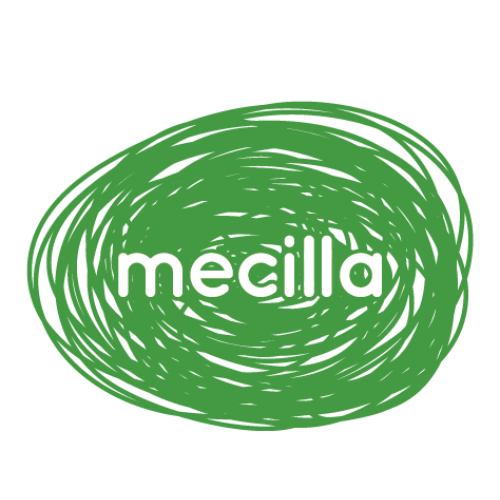Oeko Tex 100
Oeko Tex 100

The OEKO-TEX® Standard 100 is an independent test and certification system for textile raw, intermediate and end products at all stages of processing. Examples of articles that can be certified: yarns, fabrics, treated fabrics, manufactured articles (clothing of all kinds, domestic and household textiles, bedding, towels, soft toys and many more). It isa recognised benchmark for the consumer and an additional quality assurance tool for the manufacturer. The concept has become established as a safety standard throughout the textile manufacturing chain. Clothing with this label has been tested at each stage of manufacturing to make sure that it is free of harmful substances.
Criteria
The tests for harmful substances cover
- legally banned and controlled substances
- chemicals known to be harmful to the health (but not yet legally controlled)
- parameters for health protection
Taken in their entirety, the requirements go far beyond existing national legislation.
Laboratory tests and product classes
The OEKO-TEX® testing for harmful substances is always geared towards how the textile will actually be used.
The more closely the product is in contact with the skin, the stricter the human ecology requirements that it must meet.
A distinction is made between four product classes:
- Product class I: textile articles for babies and toddlers up to 3 years old (clothing, toys, bedding, towels etc.)
- Product class II: textiles used close to the skin (underwear, bedding, T-shirts etc.)
- Product class III: textiles used away from the skin (jackets, coats etc.)
- Product class IV: furnishing materials (curtains, tablecloths, upholstery etc.)
Certification
The prerequisite for textile products to be certified under the OEKO-TEX® Standard 100 is that all components of an article, without exception, comply with the required criteria - so not only the outer material, but also the sewing threads, linings, prints etc and any non-textile accessories such as buttons, zips, rivets
